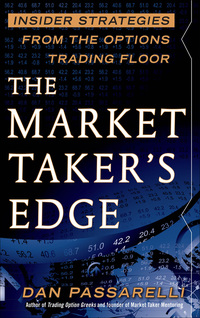| | a. The term "IPO" stands for Introductory Price Offered, and it is the price at which shares of a new company are offered to the public. | |
|
| | b. In a "Dutch auction," investors who want to buy shares in an IPO submit bids indicating how many shares they want to buy and the price they are willing to pay. The company determines how many shares it wants to sell. The highest price that enables the company to sell the desired number of shares is the price that all buyers must pay. | |
|
| | c. It is possible that the price set in an IPO is so low that investors will want to buy more shares than the company wants to sell. In that case, the company will have to issue more shares than it wants to sell. | |
|
| | d. IPO prices are generally established by the market, and buyers of the new stock must pay the price that prevails at the close of trading on the day the stock is offered to the public. | |
|
| | e. It is possible that the price set in an IPO is so high that investors will refuse to buy the number of shares that the company wants to sell. In this situation, the IPO is said to be oversubscribed. |
|






